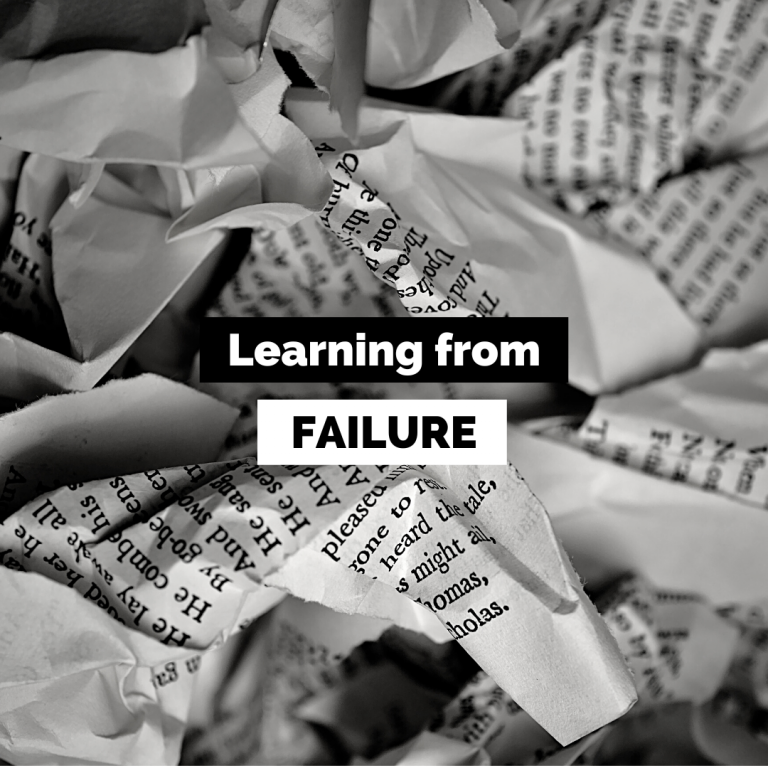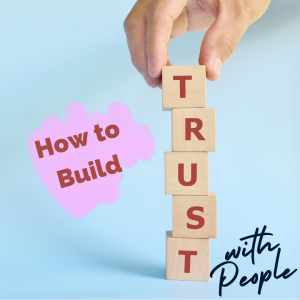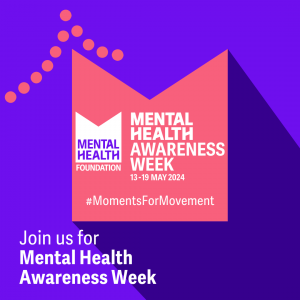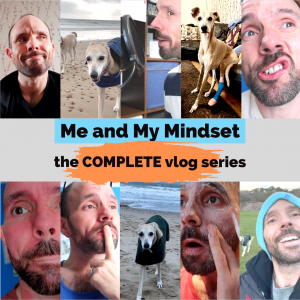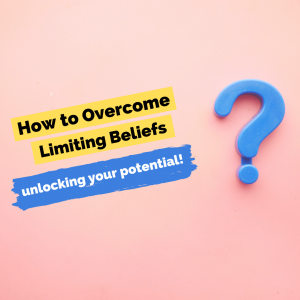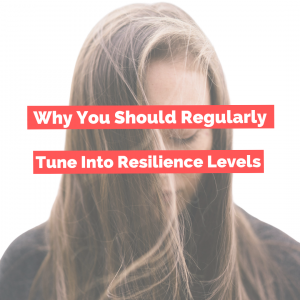Our auto-pilot mode makes it so natural to kick ourselves when we make a mistake, rather than consciously considering the growth that exists in learning from failure.
What most people don’t know or realise, is that when we feel the need to berate ourselves or others when a mistake is made then we are firmly in ‘Fixed Mindset’ territory.
I’ve written about the difference between a Fixed and a Growth mindset many times on the blog:
A huge differentiator in whether we have a Fixed or a Growth Mindset is in how we respond to four essential elements: challenge, feedback, effort and…mistakes!
What stops us learning from failure?
I mentioned our auto-pilot mode, which can both help and hinder us hugely when it comes to mindset strength and learning from failure.
Our brilliant brain has evolved to keep us safe, alive and away from pain and danger as much as possible. Add to this our inner critic, also playing its part in alerting us to potential threat by reminding us of all of those other times when we got it wrong, failed or made a mistake. Then introduce good old imposter syndrome which can make us doubt our natural skills, doubts and abilities.
There is more going on, yet that seems enough to get us started!
Failure has the potential to severely dent our self-esteem and ego because when we fail, we become threatened which in turn can trigger our fight or flight response, which might look like:
FIGHT
Criticising the people involved
Dismissing the value of the task
Complaining about the unfairness of the situation
FLIGHT
Disengaging from the task
Suppressing our physiological ‘warning lights’
Ignore any outcome that might deem us less effective
Switch off auto-pilot
Failure has a habit of harshly disappointing us from what we were expecting (i.e. success). Few of us will intentionally mean to fail and so failure by its very nature is surprising to us. Reframing this disappointing surprise can actually have a positive effect of snapping ourselves out of our brain’s auto-pilot mode. When our brains are consciously awake and in manual mode, we learn more than when it’s sleepwalking in auto-pilot.
Remember when it goes right
I previously mentioned our brain’s brilliant capacity to protect us and remind us of all the times we’ve failed in the past. What our brain is much less naturally-brilliant at is reminding us of all the times we’ve gotten it right in the past. We tend to focus on what we’re bad at or what we want to develop. Instead, balance these elements with what you are brilliant at. Leverage these huge strengths and embrace your ‘flawsomeness’!
Do less, better
In an ideal world, it would be amazing if we were able to do everything – and sometimes we try, particularly if we are a people pleaser – however something at some point has got to give. If you’ve ever spread yourself too thin, you’ll probably be familiar with the anxiety and stress that is associated with overwhelm. Sometimes, the answer is in prioritising what’s most important and focusing on that, rather than that and everything else on top of it.
Talk about it
A huge indicator of resilience is having the bravery and courageousness to show our authenticity to others, including when we make mistakes. Try turning one of your failures into an inspirational story that both you and others can learn from. Not only will you be helping others around you, you will be role modelling how to take life’s challenges and use them for personal growth.
Focus on the long-term
Sometimes, we might fail in the short-term, but those same failings can often lead to rewards over the longer-term. If you have ever undertaken a long qualification, you might fail an assignment or have to re-sit an exam – both unpleasant fails – yet all that matters is that certificate in your hand at the end of it all. Keeping the long-term goal in mind can help us to ride the waves of failure in the moment.
Download my ten point plan to build your resilience now
Allow yourself to feel it
Sadness evolved as a response to loss and failure, and it encourages us to reflect on our experiences. Feeling sad about our mistakes is a natural response to disappointment, yet it’s something that we often deny ourselves, at least on the surface. We try to stay strong and appear competent to others (or hide any signs of incompetence). Take time to tune in to the huge ream of signals that your brain is constantly firing throughout your physiology.
Distance yourself
Getting some distance from the mistake can particularly help us when our negative emotions are blocking our understanding. Asking yourself what happened from a third party perspective can help to remove us from what happened. Research has shown that this self-distanced approach can help us to make sense of our reactions and reduce emotional distress and stress.
Watch other people
When you’ve wanted to learn how to do something – whether swimming or a bit of DIY – the chances are you’ve watched at least a few YouTube videos. Not only does this help us to learn from the experience, failure and success of others, it also removes our ego from failure.
Take time to reflect
In this chaotic world that is full of constant change and challenge, we rarely take time to stop and reflect. Reliving and ruminating over our mistakes can be painful, but the vital act of reflection is what can help us hugely in learning from failure.
Give yourself a break
When all is said and done, it’s not a matter of *if* you fail, but when. What matters is how you deal with and learn from the failure. Lots of people think that the only way to grow from failure is to be overly hard on ourselves. The reality is that we are more likely to learn from failure if we are kind to ourselves.

